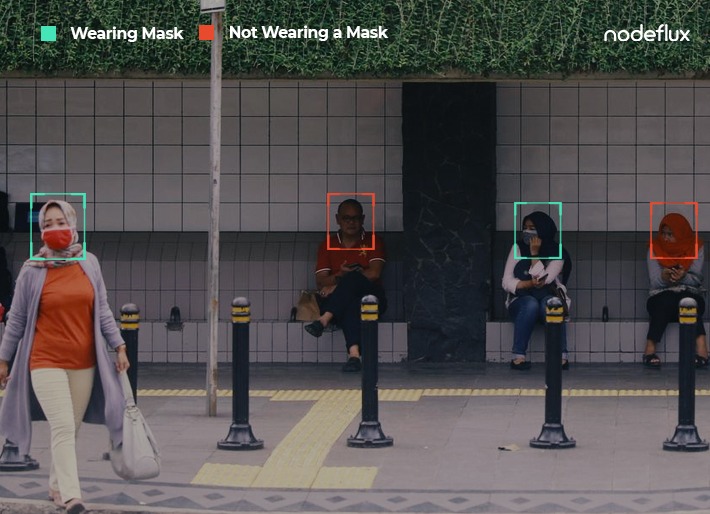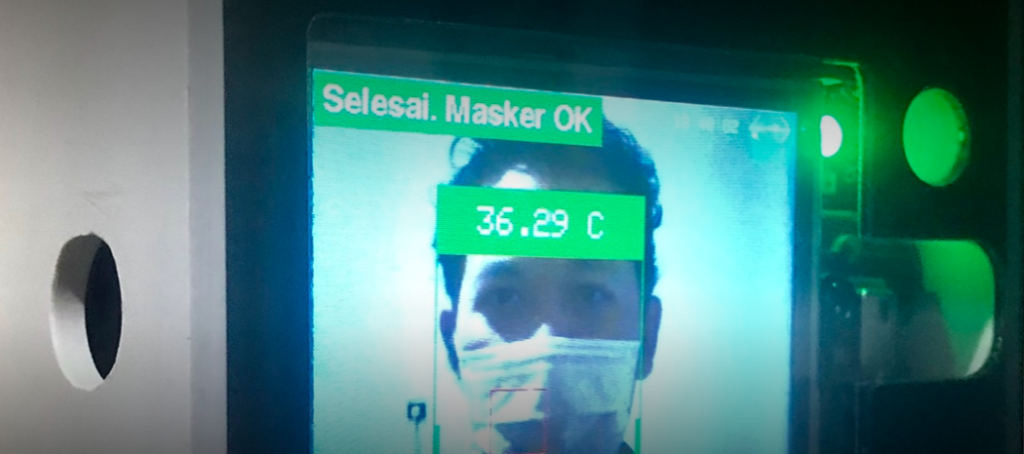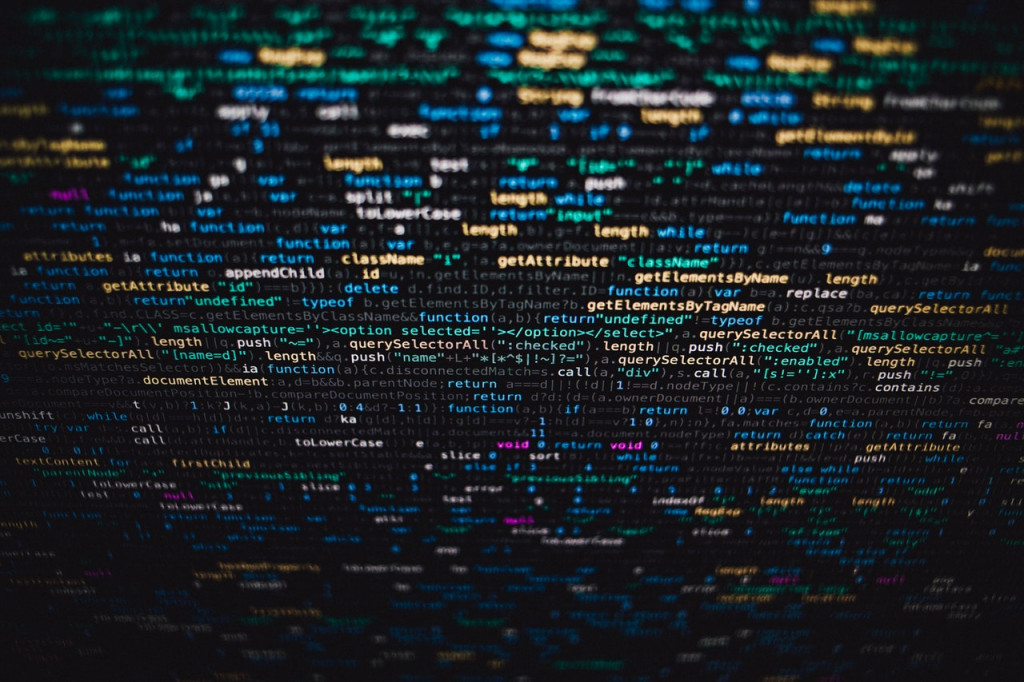Encouraging the Role of Artificial Intelligence in the Health Sector
Potential development and research of "deep learning" in Indonesian health services
Artificial Intelligence (AI) technology in the health sector is expected to help reduce the complexity of handling the spread of the Covid-19 virus. AI is considered capable of processing data, analyzing X-ray data more quickly, detecting people's conditions through body temperature, or seeing the use of face masks in public places.
"Integrating AI technology into the medical industry enables many conveniences, including the automation of tasks and the analysis of large amounts of patient data for better, faster and more affordable healthcare. For example, medical imaging that utilizes computer vision technology can help detect pneumonia and cancer patients more quickly and accurately," said the CEO Word.AI Irzan Raditya.
According to the Chief Research & Product Innovation nodeflux Dr. Adhiguna Mahendra, AI has played a very important role in healthcare and within a decade will fundamentally reshape the outlook for healthcare. This can be seen from the application of AI for automatic medical image diagnosis, predictive diagnosis, and Telemedicine.
"This Covid-19 pandemic provides an incentive for scientists to race to find new vaccines whose advances in this field will also affect deeper learning medicine research in general," said Adhiguna.
The CEO of DycodeX Andri Yadi said the same thing. According to him, anyone must contribute to the fight against Covid-19, including technology startups such as DycodeX.
Application of AI in Indonesia's health sector
In Indonesia, the function of AI is still limited to detection and monitoring. Not too advance, as in developed countries. UK-based startup Qure.ai, through the qXR system it developed, was able to highlight lung abnormalities in chest X-ray scans and explain the logic behind evaluating the risk of spreading the Covid-19 virus.
There is also a startup based in Seoul, South Korea, named Lunit that presents a similar product. Product screening methods lungs Qure.ai and Lunit was certified by the European Union's health and safety agency before the crisis. This tool has been adapted to make it even more useful during Covid-19.
Although it has not touched health services much, the application of AI technology in Indonesia is at least able to overcome the basic problems related to health services social distancing and early detection of the Covid-19 virus.

The latest technology presented by Nodeflux is FaceMask Detection Alert. Through this technology, people's activities in public spaces can be identified in more detail. Nodeflux uses AI to automate the monitoring process with face detection without or using a mask. This mechanism is equipped alert system as a quick notification for officers when a subject without a mask is found walking around.
All of these data can be connected and centralized through the Monitoring Dashboard & Alert System screen.
"Basically AI can help us not only in decision-making, but also in carrying out some kind of automated action. Of course this will change the problem-solving landscape during a pandemic, where we are required to make quick decisions about the state of public health, public mobility and compliance with regulations," said Adhiguna.
The use of AI and IoT in the health sector is also being developed by DycodeX. Companies are currently developing technology that is able to process screening methods person's body temperature. In about 2 seconds, the developed tool is claimed to be able to see whether the person has a fever or not.

The DycodeX team saw the potential for this technology to be applied in offices and airports. For the selling price range, DycodeX said this product costs under Rp. 10 million. There are many facilities, industries and buildings that need to stay operational during this crisis and the solutions presented are expected to contribute to keeping everyone safe and healthy.
Unlike the detection tools that are widely used by the general public, this tool is able to see body temperature without touching the body part of the person being examined. Those who do not use face masks can also be detected.
"We believe that solutions like ours will continue to be adopted as the world becomes more aware of the importance of technology for the prevention and anticipation of potential health-related problems. Fever is one of our body's visible responses, related to health problems. Detecting a potential fever can prevent many related issues. We hope this kind of technology will be able to anticipate and protect against possible outbreaks in the future," Andri said.
The future of AI pemanfaatan
Although before the pandemic the application of AI technology has begun to be launched by various industries, it is certain that after the pandemic, more research and application of AI will be carried out.
In the health sector, the application of AI technology can help for diagnosis, prognosis and treatment. For diagnostic and prognostic purposes for example, x-ray and CT (Computed Tomography) images of the lungs in various conditions can be used to improve the model. deep learning which is the basis for the diagnosis of Covid-19.
"So applications related to prognosis, such as being able to predict who will be more severely affected, can help in planning the allocation and utilization of medical resources. This of course can be applied to other diseases," said Adhiguna.
Irzan added, "Currently, the adoption of AI technology in the medical industry in Indonesia as a supporter of medical service providers in making decisions will be more appropriate and beneficial. Thus, doctors continue to play the role of final decision makers."
Long before the pandemic, AI was recognized for its existence, because it has the potential to contribute to the discovery of new drugs. In the case of Covid-19, a number of research centers focus on finding a vaccine against Covid-19. AI can accelerate the process of discovering new drugs and vaccines by predicting and modeling viral information structures that can be useful in developing new drugs.
However, another issue that needs to be considered is regulation. AI technology will be difficult to develop further without the approval of the relevant regulators.
"Health is an area where the regulations are very strict and inflexible. This is justified because they deal with human life, but at the same time, a large number of tests, certifications and panels will make innovations in AI for healthcare take longer, more complicated and difficult to be incorporated into real-world applications," said Adhiguna.
Another challenge, according to Irzan, is the imbalance between the amount of AI research and business needs. Many AI research is difficult to commercialize, because the research is not yet effective.
"In my opinion, a more harmonious collaboration between research institutions or universities and business people plays an important role so that AI research can be utilized for business needs," said Irzan.
He added, in the next 10-15 years AI technology will develop rapidly and can help the medical industry more significantly, especially if digital medical record data and medical imaging can be integrated. AI technology is not only present as a complementary facility to increase the productivity of medical personnel, but also acts as a disease prevention facility.
"AI will continue to come with innovations and logical advances from computing and technology in general. These things will not be separated from our daily lives and will continue to be improved, regardless of this pandemic or not," said Andri.
Sign up for our
newsletter

